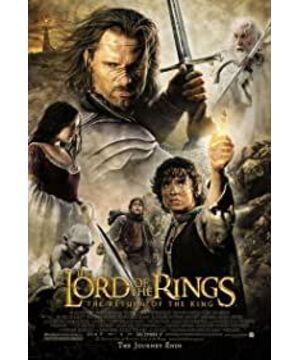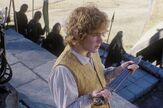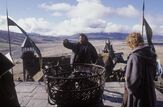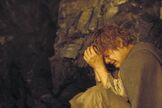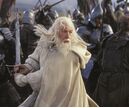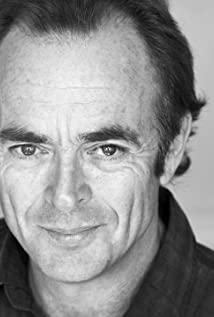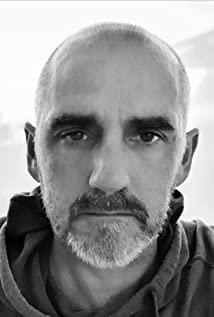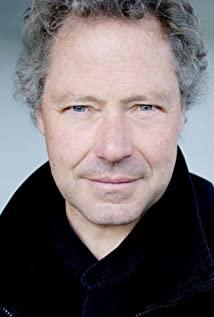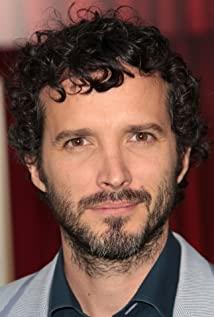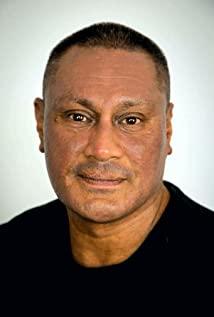Finished the Lord of the Rings trilogy three times today. The special effects of 16 years ago are no longer above the standard, but even if "The Hobbit" is much better than "The Lord of the Rings" in terms of special effects, can the former surpass the latter?
Anyone who has created a great work recorded in film history will inevitably be eager to try again in the following days, wanting to repeat or even surpass himself. It's a pity that Peter Jackson didn't do it. No one in the world can do it.
It was Tolkien's story and Peter Jackson's fidelity to it that took home seventeen Academy Awards for The Lord of the Rings trilogy: visual shock must eventually merge with psychic shock. In the last hour of "The Return of the King," the previously unbelievably long journey became a reasonable foreshadowing of the climax. Sam carried Frodo and Aragon on the back of Mount Doom and rushed to the Orc army in front of the black gate. It was the divine moment of the movie. All the love and courage of human beings hit the heartstrings and tear glands of the audience, and the epic and magnificent structure finally took shape.
Elijah Wood and Martin Freeman's two generations of hobbits are better, that's a question I've been pondering lately. In the "Lord of the Rings" trilogy, Frodo was almost under the pressure of the Lord of the Rings during his playing time. Wood used his water-cut eyes to convey the pain and the helplessness and rupture of the soul to the audience. . Frodo marches on the journey, as if a lonely soul is walking in the wilderness, but at certain moments it makes people feel that his expressions and movements are too heavy. The character portrayed by Cunfu is more complex than that of Frodo, who has made two choices with very different effects: stealing the Arkenstone and hiding the Ring, the former causing Thorin's final awakening and the latter making the threat of destruction above the world of Middle-earth Circling for sixty years. A Hobbit, he seems to be a combination of Sméagol and Frodo, although he eventually renounces evil and possessiveness. Without Wood's natural advantage in eyes, Cun Fu's facial expressions are relatively stiff, and his body movements and language expressions are sometimes exaggerated. It should be said that while there are inevitable flaws in the performance, both actors have tried their best to do their best.
As I mentioned in my previous post, Frodo and Sméagol are both hobbits, and different choices have brought them different fates, but they are inevitably tempted by the most evil things, trembling in fear in the face of darkness. In fact, many details noticed by the three brushes reflect that the director has a unique portrayal of the temptation and corrosion of the Lord of the Rings to every free mind, but he emphasizes the struggle of the ring-bearer and the king of the Fellowship of the Ring. The self-imposed exile, the contrast of the two, illuminates the nobility of the soul in the struggle.
The ending of Into the west carries through to the bottom of the philosophical principles that underpin Tolkien's mythology: everything flows, everything changes, heroes don't stay heroes forever, happiness and joy don't linger at the top, pain doesn't follow peace come and heal. Even Aragon's speech in front of the black gate affirmed that the era of human beings will come to an end, and true happiness, happiness or eternity are completed in the moment and the present, if you want to keep the good for a long time, the good will ferment and deteriorate. For evil consequences, the Lord of the Rings is like this, and all evil thoughts in the world are like this.
View more about The Lord of the Rings: The Return of the King reviews


